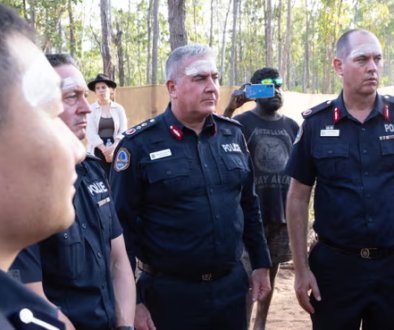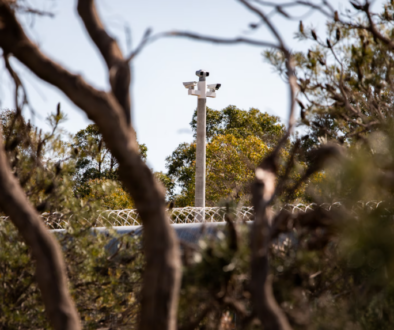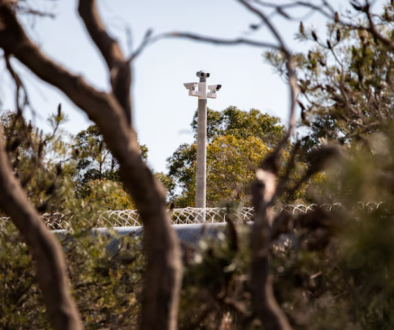Solitary confinement of WA children at Banksia Hill illegal, Supreme Court rules
A West Australian Supreme Court judge has ruled that subjecting children to prolonged isolation in cells amounted to solitary confinement, was illegal and conflicted with the basic notion of treating young people humanely.
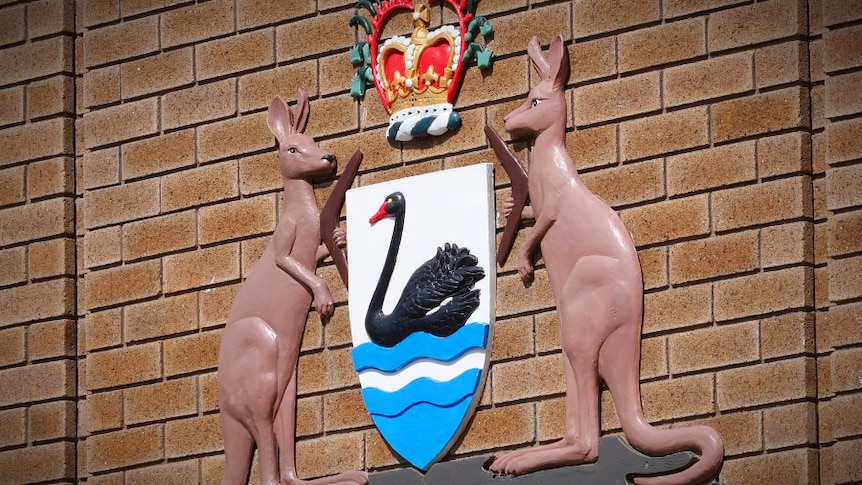
A West Australian Supreme Court judge has ruled that subjecting children to prolonged isolation in cells amounted to solitary confinement, was illegal and conflicted with the basic notion of treating young people humanely.
The court found the Department of Justice unlawfully locked three young people in their cells at Banksia Hill Detention Centre, and at Unit 18, for prolonged periods over 167 days.
One young person was confined in her cell unlawfully on 12 days, another on 133 days and a third was confined to his cell unlawfully on 22 days.
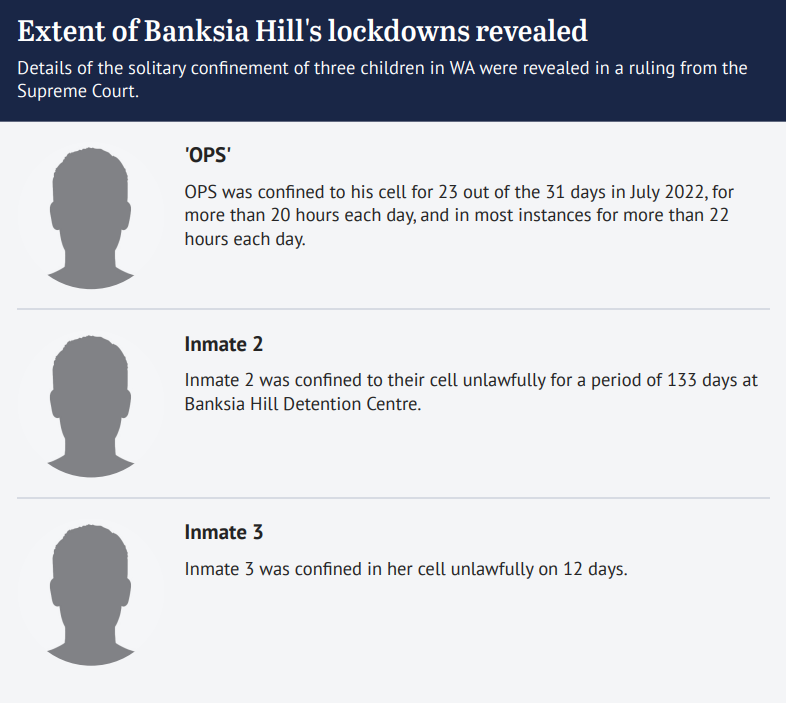
The youths sought protection via the court from further unlawful confinement. Justice Paul Tottle granted the two youths who remained in detention injunctions to prevent similar treatment happening again.
“It has the capacity to cause immeasurable and lasting damage to an already psychologically vulnerable group,” Tottle said of the centre’s rolling lockdowns.
“Depriving children of the opportunity to socialise by confining them in their cells for long hours is calculated to undermine the development of a sense of social responsibility and frustrate the Act’s objective of rehabilitation.”
Tottle said frequent solitary confinement, as has been occurring in WA’s only youth detention centre, amounted to a systemic failure caused by a shortage of qualified staff, inadequate infrastructure and a consequent inability to manage detainees with difficult behavioural problems.
“The seriousness of the systemic failure is made manifest by the recognition that solitary confinement is an exceptional form of detention rarely sanctioned even in adult prisons and is reinforced by the frequency of the occasions on which the applicants were subjected to such confinement,” Tottle said.
Aboriginal Legal Service of Western Australia chief executive Wayne Nannup said children deserved to be treated with dignity and respect.
“Nothing short of a drastic overhaul of the way things have been done will address the serious, systemic problems at these centres,” he said.
“These children deserve to be treated with respect and dignity, not confined to their cells for long periods of isolation. They need fresh air, human connection, education and adults to mentor them.
“If they are provided with these basic things, they will not act out.”
He said his organisation was hopeful the government had heard the voices of these young people and would take now steps to address the crisis.

